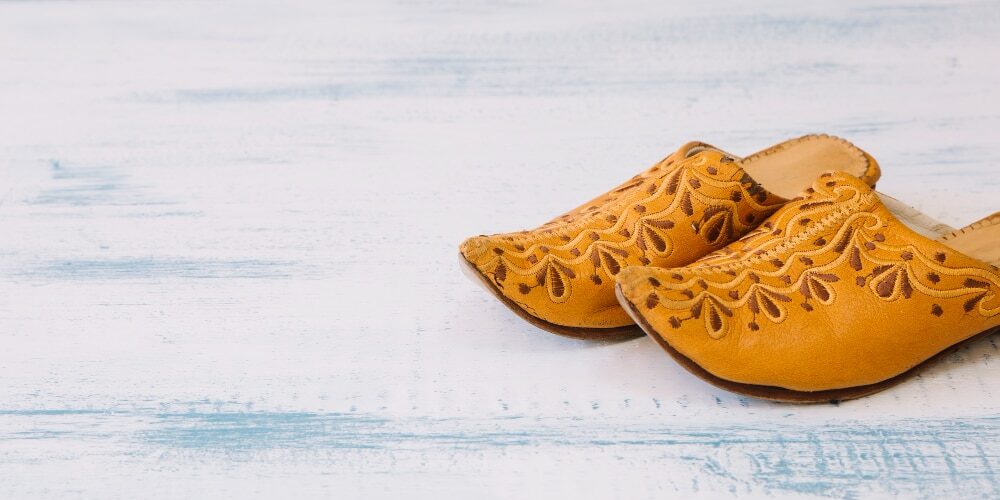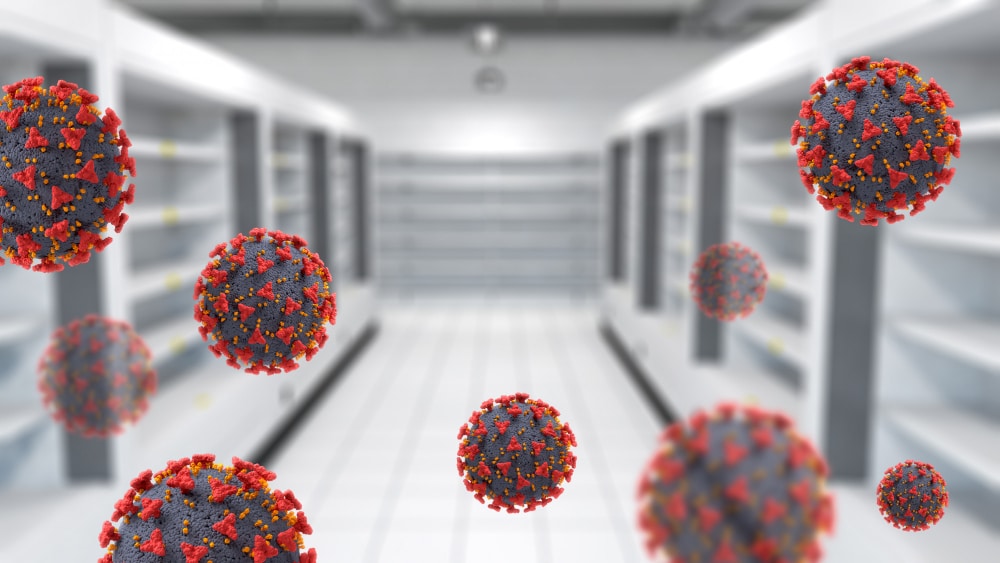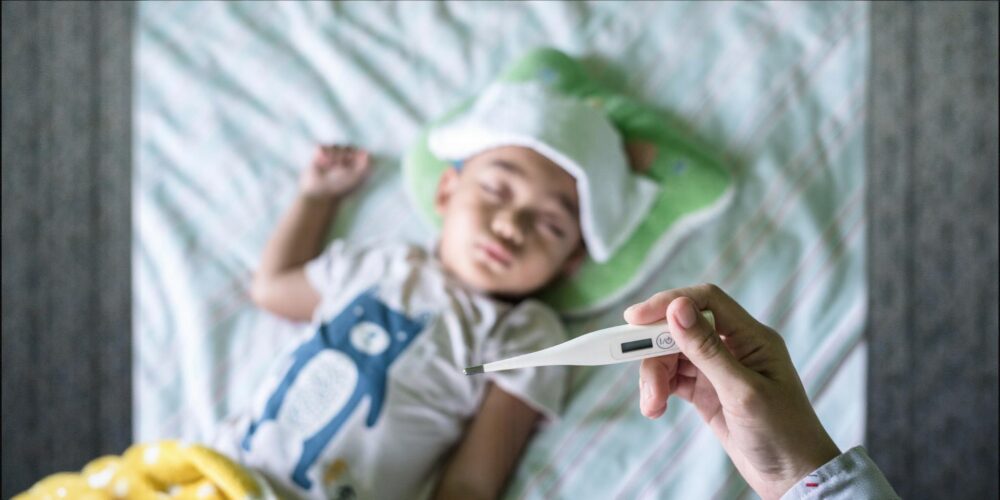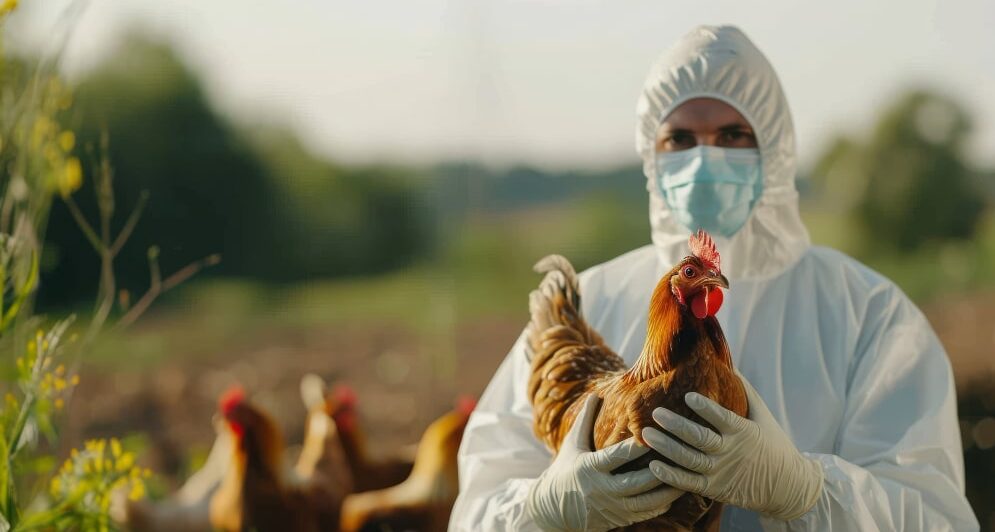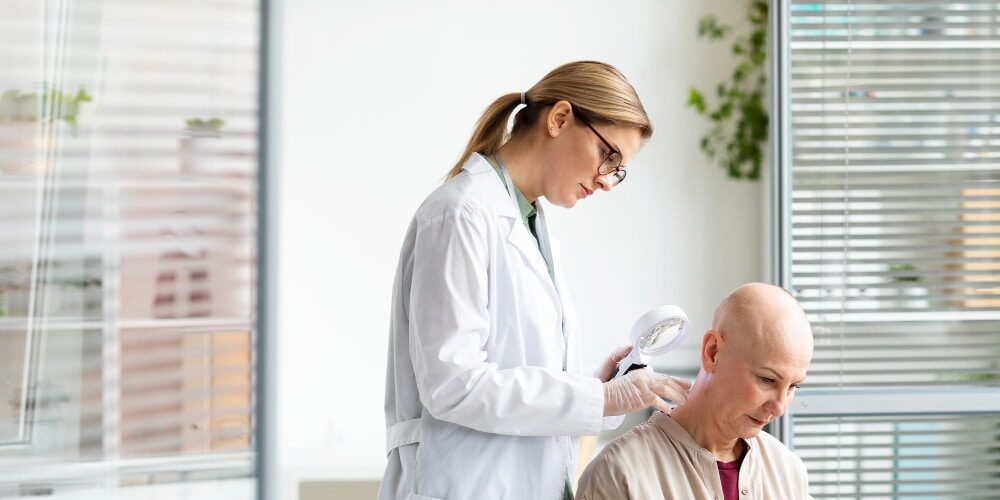The 10-year financial contribution to support a cross-sectoral programme of work by providing data and evidence on traditional medicine policies, practice, products, and public use.
The Government of India committed US$ 85 million over 10 years (2022–2032) to support the programming of the WHO Global Traditional Medicine Centre at a recent ceremony in Geneva. The WHO said that India’s financial contribution will support a cross-sectoral programme of work to strengthen the evidence base for traditional medicine by providing data and evidence on traditional medicine policies, practice, products, and public use.
The WHO-India donor agreement is part of a US$ 250 million investment from India in support of the establishment of the WHO Global Centre of Traditional Medicine in 2022, which includes financial support for the workplan of the Centre, interim premises and a new building. This will scale up WHO’s capacities on traditional medicine across technical divisions and regions in the spirit of global collaboration and solidarity. Part of this contribution will also be included in WHO’s Investment Round to resource core work during 2025–2028, said the WHO.
“India’s commitment and leadership in expanding the evidence-based contribution of traditional medicine to the health and well-being of all people and the planet, comes at an opportune moment,” Dr Bruce Aylward, Assistant Director-General of the Universal Health Coverage and Life Course division of WHO, said. “Traditional medicine, supported within national health systems, can allow us to reach those most often left behind. Integration of traditional practice and knowledge is critical to achieving health for all.”
“The signing of this donor agreement is a major milestone towards achieving the shared vision of Honourable Prime Minister of India Narendra Modi and WHO Director-General Tedros for the development of the WHO Global Traditional Medicine Centre at Jamnagar in India,” Vaidya Rajesh Kotecha, Secretary of the Ministry of Ayush, Government of India, said.
The WHO Global Traditional Medicine Centre is a knowledge hub focusing on five inter-connected areas of work: research and evidence; primary health care and universal health coverage; indigenous knowledges and biodiversity; digital health applications; and the biennial WHO Global Traditional Medicine Summit and collaborations.
The first WHO traditional medicine global summit was held in August 2023 in Gujarat, resulting in a multistakeholder action agenda, the Gujarat Declaration. The next WHO Global Summit is planned for November 2025, following up on the anticipated launch of the 2025–2034 Global Strategy for Traditional Medicine at the 78th World Health Assembly in May 2025.
Read More: Lessons from the latest health controversy on social media

